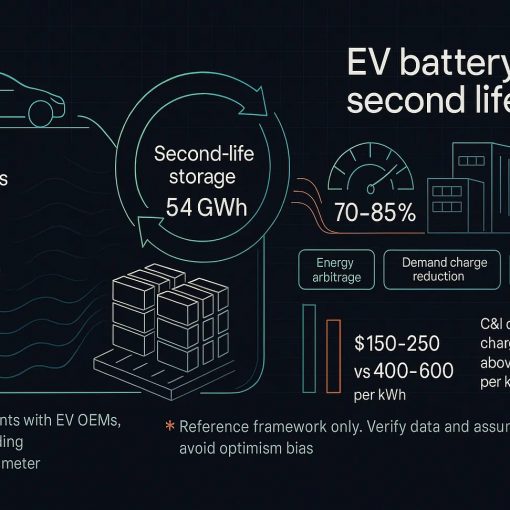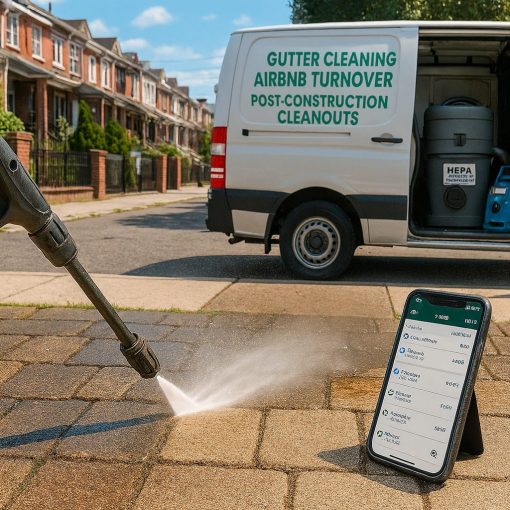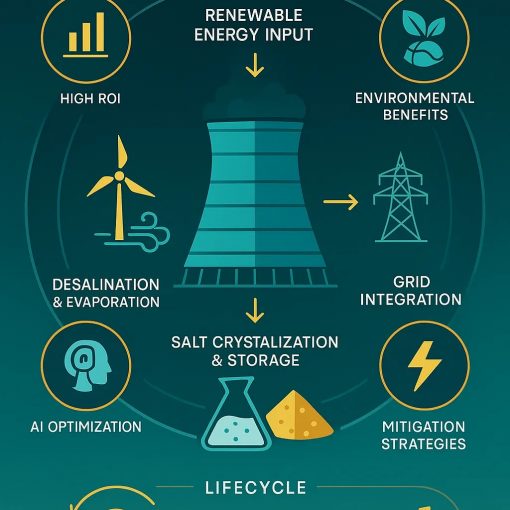Plastic Bagged water anyone?
This is a development idea that more of a scenario in that its 80% solved but I think there is an opportunity in there for the remaining 20% worth $450million:
I subscribe to Money Week (http://www.moneyweek.com/) it’s one of the last print publications I subscribe to mainly because I have acted on their advice and made money. For the last 2-5 years they have featured investing in Water (and water related companies). Money week discusses problems with sourcing this resource it has consistently promoted water companies and the strategic long-term implication for the world.
Back to business if you are a regular international traveller the refrain is “don’t drink the local water and only drink certain brands of bottled water”.
On the street of Lagos to Liberia (particularly in West Africa) there is another industry that sits below the bottled water industry; it’s the plastic bagged (sachet) water!!
Seeing is believing
Retail: https://www.von.gov.ng/hot-weather-water-vendors-make-brisk-business-in-enugu/pure-water/

Wholesale: http://www.banboonline.com/index.php/2018/11/07/price-of-pure-water-increases-on-monday/

You tube :
This is sold either whole sale or retail at roadsides (or small shops) in ice boxes for the masses who need a cool drink but can’t afford a soft drink or bottled water.
This is sold either whole sale or retail at roadsides (or small shops) in ice boxes for the masses who need a cool drink but can’t afford a soft drink or bottled water.
The government is trying hard by inspecting providers and issuing certification that should be included on the packaging. The inspection is not consistent to ensure hygiene although there is licensing but the enforcement is not as expected. Consider that initially the packaging process was unhygienic especially at the point of filtering \sealing (manual sealing). The market has now evolved the process is semi automated as local engineers have developed processes equipment to automate the process. Some problems still exist with hygiene inspections and certification but this improved after many cases of typhoid but there are still a lot of cowboys out there. In this market there is successful branding and operators of varying sizes.
The details:
Source – boreholes
Filtration- basic
Packaging basic – plastic bags (manual filling gets contaminated at this point mostly semi-automated)
Testing- done some times inspection not enforced consistently.
In depth analysis:
The market:
| Position | Water source | Price retail (Approx) |
| Multinationals and conventional bottling companies | International Branded Bottled water e.g. EVA water (Coca cola) | 1litre: $0.69 75cl: $0.55 |
| Smaller independents | Local branded bottled water | 1 litre: $ 0.55 75cl: $0.35 |
| Other (largest drinking population) | Plastic bags (sourced boreholes with little treatment) | 50CL: $ 0.05 – .10 (Wholesale $.55 for 20 50cl bags) |
Market size source: (http://www.afdb.org/en/countries/west-africa/) (Estimate subject to price changes)
Some of the numbers:
| Area | Population (million) | % Drinking packaged water (est.) 20% per year 150 days @$.10cents average |
| West Africa | 266.9 | $ 1067.6 million |
| Nigeria | 150 | $450 million |
This is a weak analysis anecdotal evidence says it’s at least twice that size
Drivers
- Cost: plastic bags are very cheap (but my high school chemistry tells me that this is a semi permeable membrane)
- Portability: Plastic bags are easy to transport and cool in ice boxes
- Technology: The plastic bag is the cheapest way to package with/without automated filling. There is also the environmental impact of discarded plastic bags and recycling is hard. Also, there is the occasional reported case of typhoid from drinking contaminated water
- Price point in most countries the cost is quite low so managing cost is important
- Portable water is not accessible to all and the water supply can be erratic
- Erratic electrical power supply which drives customers to buy cold drinks from retailer who cool drinks with ice or power generators
Opportunity statement
- Obtain up to date market research on demographics, size, distribution, branding, competition legislation. (The National Association of Sachet and Packaged Water Producers (NASPAWAP).)
- A cheap fully automated process; remember that the power supply is sporadic at best and the alternatives are a power generator or solar power.
- Cheap setup cost. (more expensive: I thought that if you can get a water treatment plant and packaging plant in a single 40 ft container this will allow modular scalability)
- Packaging finding a cheap alternative to plastic bags is the key or a non-permeable semi rigid container.
- Customer one billion people (Africa) and they are brand conscious. If they know that the water has good quality they will buy (there are a lot of water millionaires in West Africa).
- Creating a brand name that is associated with quality once a name is made market share is easy.
- Getting a government licence
- Although popular in west Africa what about the rest of Africa. See https://www.youtube.com/watch?v=inV41w5ytAg
- Recycling: there might be a small market if you can get people to give you returns for a small discount
- Note I haven’t mentioned the local business conditions: surmountable but hard
- Another opportunity is to create water filling stations (both stationary or mobile where people can refill 1 litre or 50 cl bottles for a fee. It might help with the environment if people can refill small container with cooled water (solar cooling)
That’s the problem statement million of potential customers I hope you can see the opportunity and can take advantage of this brief as a starting point. It worthy to note that there are water filling stations but it’s not affordable for everyone and it’s not portable it’s for refilling five-gallon bottles and you still need to cool the water at home electricity is sporadic.

.



